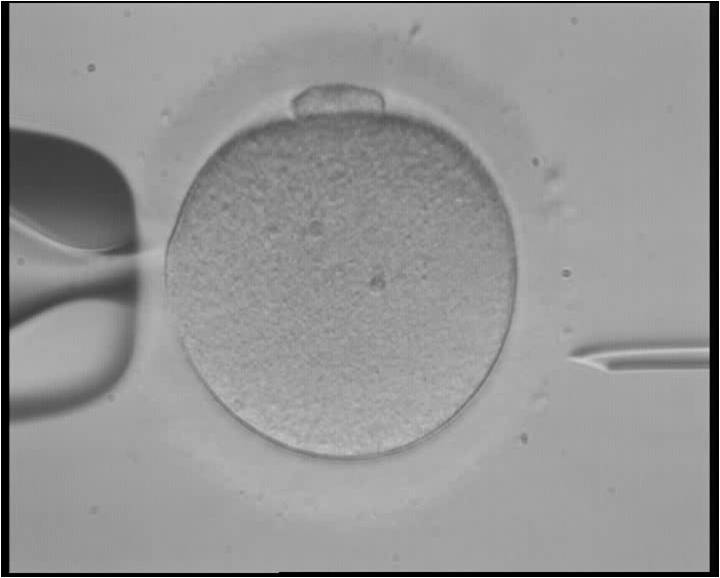Aggregated News

To the Editor:
Recently, a team from the United States used CRISPR–Cas9 on viable human embryos to correct a gene mutation that causes hypertrophic cardiomyopathy, a heritable heart condition in which the ventricle walls thicken to hinder proper blood flow1. For many, this announcement brings closer to reality the prospect of editing disease-associated mutations in fertility clinic embryos intended for reproductive use. The study certainly raises many scientific uncertainties and questions. But we contend that it also brings to light some questionable value assumptions that have largely flown under the radar in the social discourse around embryo editing. Here, we call attention to some of these assumptions and suggest that additional human embryo editing research may not be adequately justified until these issues have at least been openly acknowledged and debated. To be clear, our discussion is meant to apply only to 'preclinical' embryo editing research: that is, to corrective nuclear genome editing research performed in vitro with an eye toward eventual reproductive use under favorable regulatory circumstances. Our points do not necessarily apply to human embryonic genome...



